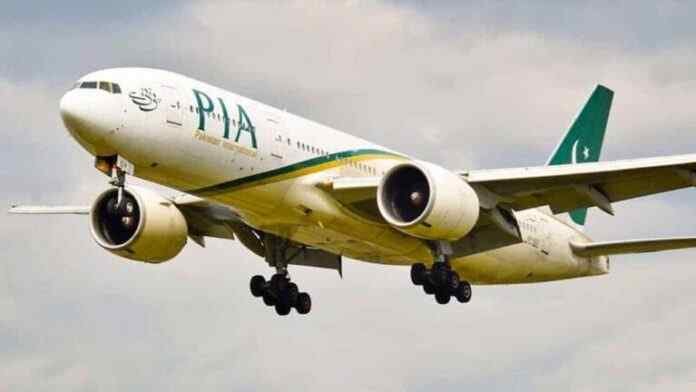The National Assembly’s Standing Committee on Privatization has reviewed progress on the long-anticipated privatization of Pakistan International Airlines (PIA), with officials confirming that bidding is expected to open in the final quarter of this year.
Committee chairman and MNA Farooq Sattar led the session on Monday, where the Privatization Commission briefed lawmakers on the ongoing due diligence process for the struggling national carrier. Four investment consortia are currently examining PIA’s financial and operational data, while five had initially expressed interest. One group failed to meet the qualification criteria and was dropped from contention.
Due Diligence Underway, Transparency Emphasized
Officials told the panel that shortlisted bidders are being given full access to PIA facilities and records, emphasizing that the process will remain transparent. “Favoring any single bidder would undermine the entire privatization exercise,” a commission representative said, addressing concerns over fairness in the sale.
Interested Parties: Aviation Expertise in Play
Among the bidders is Airblue, a domestic airline with existing aviation experience, and Fauji Fertilizer, which officials stressed operates as a fully independent commercial entity despite its military ties. This mix of industry and investment expertise is expected to shape competition for the troubled airline, which has faced years of losses and mounting debt.
Operations Already Shifted, Oversight Tightened
Sattar noted that PIA’s head office has been moved to Islamabad, even as much of the due diligence work is taking place in Karachi, where most potential buyers are based. He commended Privatization Adviser Muhammad Ali for steering the process efficiently and instructed the ministry to provide a comprehensive status report on the privatization’s progress.
With Pakistan’s government under pressure to trim losses from state-owned enterprises, PIA’s sell-off will be closely watched. If the bidding opens as planned later this year, the transaction could mark one of the country’s most high-profile privatizations in recent years.

